Dog / Detail
The Modern Dog Trainer: Style, Substance, and Canine Care
Jonathan Bennet | 16 August 2024 | 12:05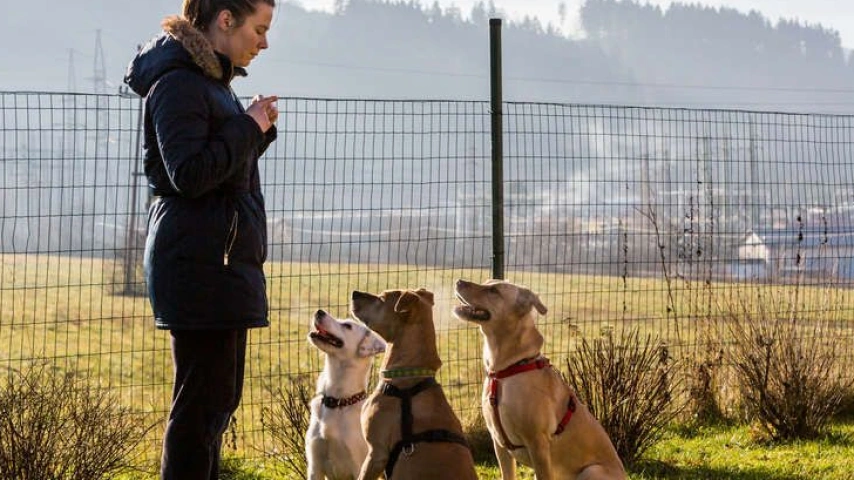
Gone are the days of stern commands and chain-link fences. Today's dog trainers are more like canine lifestyle coaches, blending expertise with empathy to create harmonious relationships between humans and their furry companions.
This new breed of trainer is not just about obedience; they're about understanding, respect, and building a strong bond.
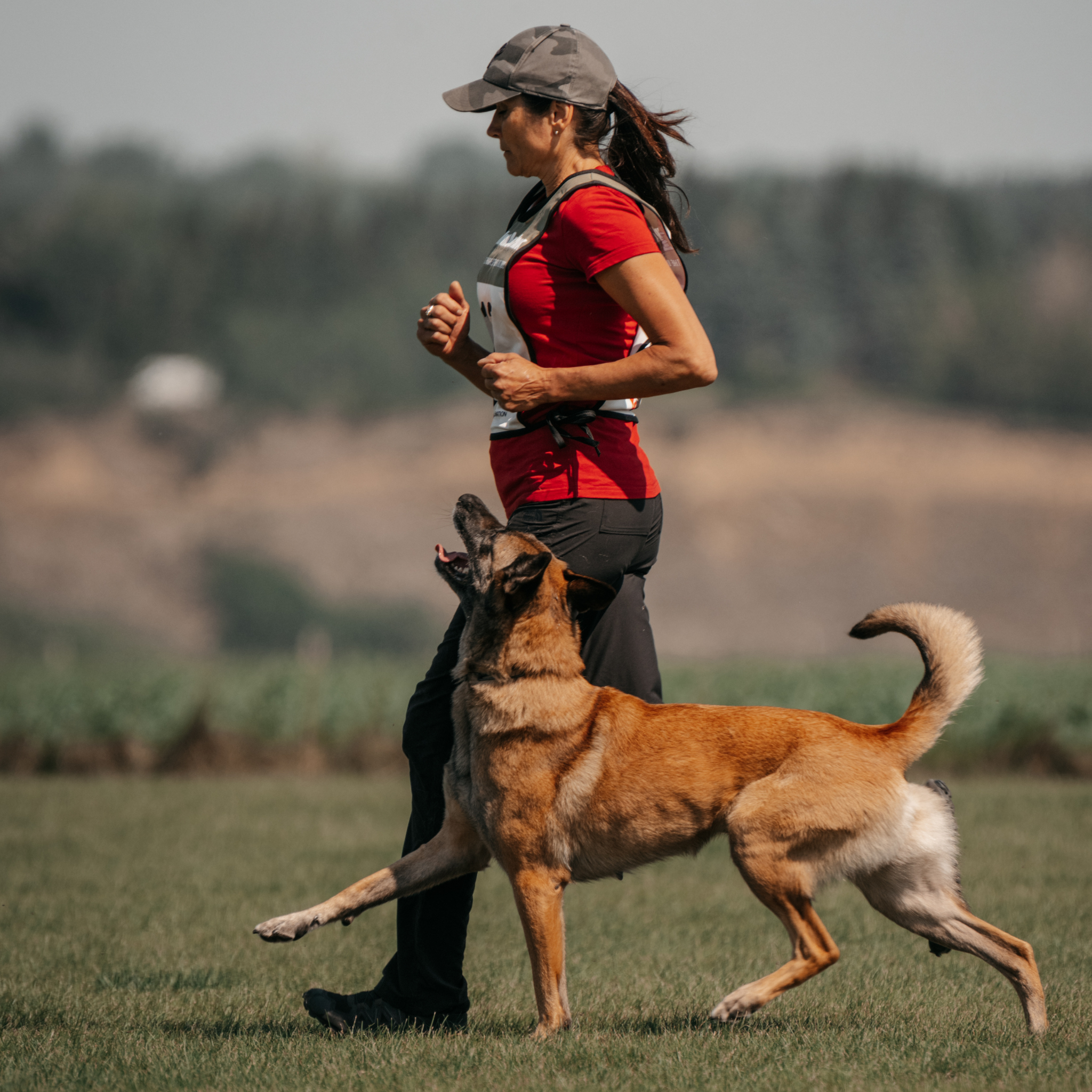
The Evolution of Dog Training
Dog training has undergone a radical transformation. The focus has shifted from dominance-based methods to positive reinforcement, creating a more enjoyable experience for both dog and owner. Modern trainers emphasize communication, patience, and building trust.
- Positive Reinforcement: This method focuses on rewarding desired behaviours, encouraging the dog to repeat them. Treats, praise, and playtime are common rewards.
- Clicker Training: Using a clicker as a marker to indicate correct behaviour has become increasingly popular. It helps dogs associate the sound with a reward.
- Behaviour Modification: Many trainers specialize in addressing behavioural issues like aggression, separation anxiety, and fear through gentle and effective techniques.
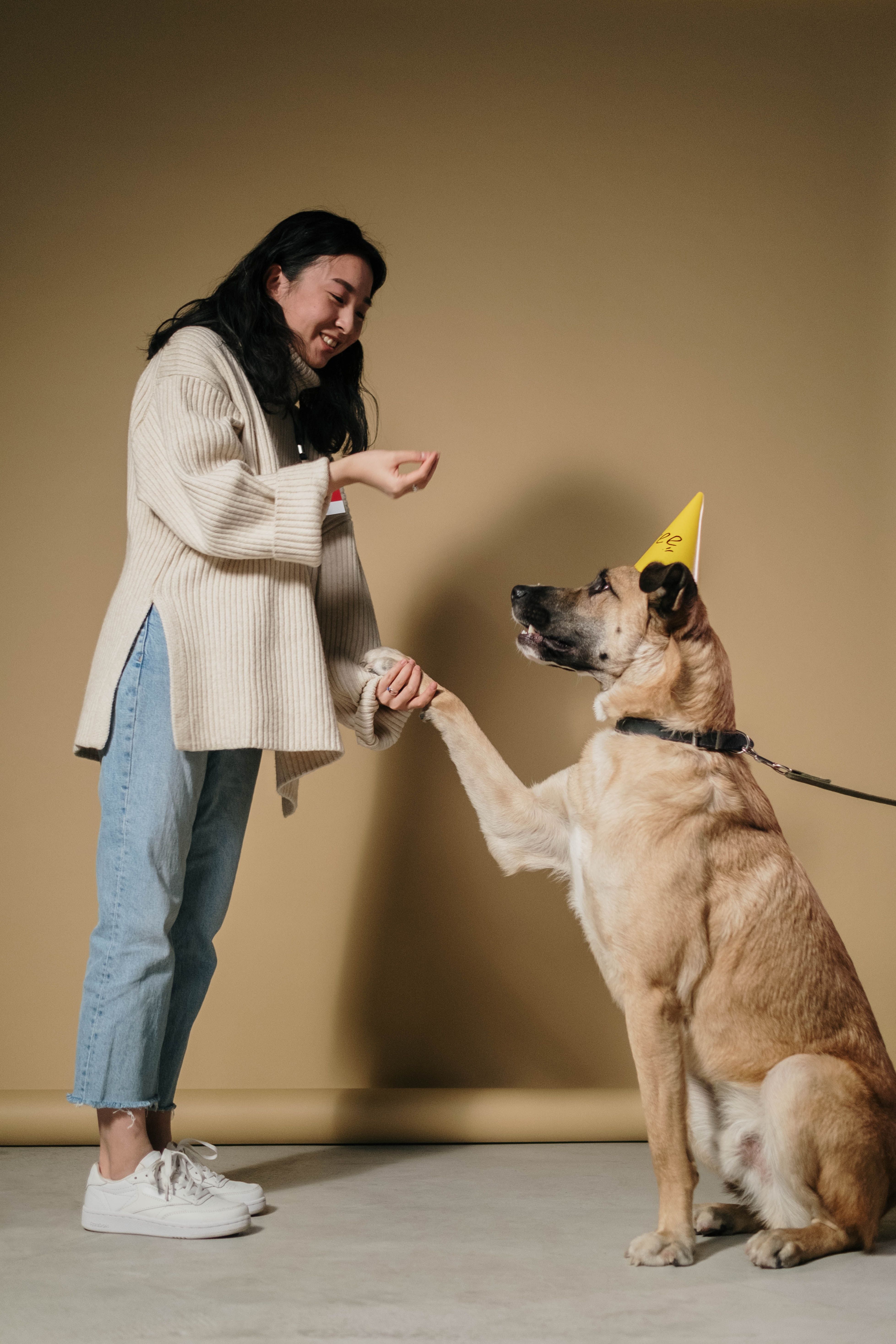
The Importance of Style in Dog Training
A stylish trainer is not just about appearances; it's about projecting professionalism, confidence, and a genuine love for dogs. Their attire and demeanour can influence how clients perceive them and their methods.
- Professional Attire: While comfort is key, trainers should dress in a way that reflects their expertise and respect for their clients. A clean, polished look can help build trust.
- Body Language: A trainer's body language is crucial. A calm, confident stance can reassure nervous dogs and owners.
- Communication Skills: Effective communication is essential. Trainers should be able to explain complex concepts clearly and patiently, tailoring their approach to different clients.
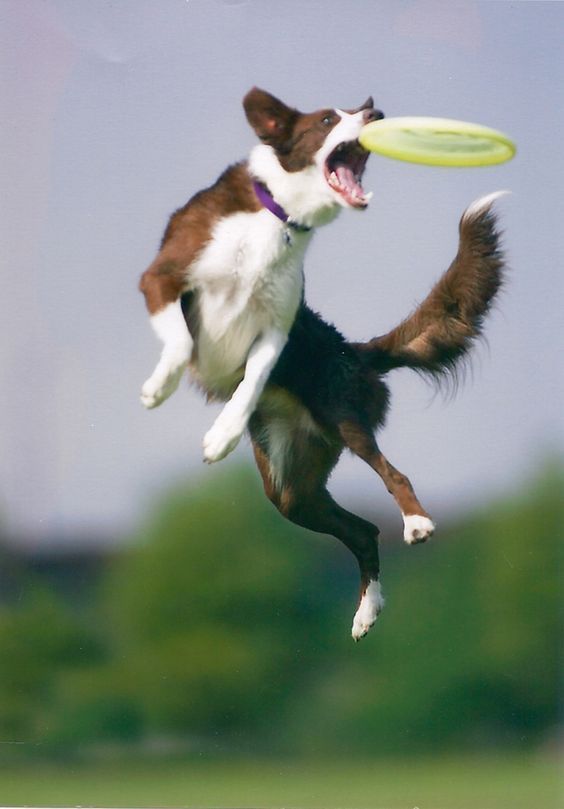
The Modern Dog Trainer's Toolkit
Beyond treats and clickers, today's trainers have a variety of tools at their disposal.
- Interactive Toys: These can be used for mental stimulation and training exercises.
- Puzzle Feeders: These challenge a dog's mind while providing enrichment.
- Training Equipment: Harnesses, leashes, and other equipment should be chosen carefully to ensure comfort and safety.
- Knowledge of Canine Behaviour: A deep understanding of canine psychology is essential for effective training.
Building a Strong Bond: The Heart of Dog Training
While techniques and tools are important, the foundation of a successful trainer-dog relationship is trust and respect.
- Patience and Consistency: Building a bond takes time. Trainers must be patient and consistent in their approach.
- Empathy: Understanding a dog's perspective is crucial. Trainers should be able to read their body language and respond accordingly.
- Socialization: Exposing dogs to various environments and people helps them become well-adjusted adults.
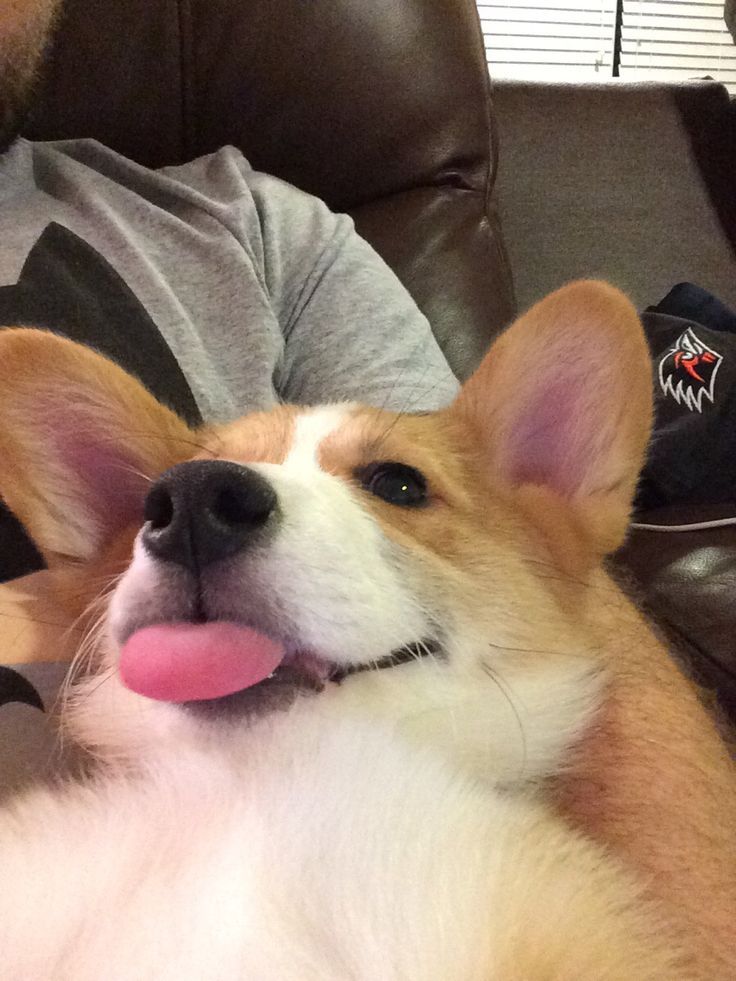
The Role of the Dog Trainer in Modern Society
Dog trainers play a vital role in promoting responsible dog ownership. They can help prevent behavioural problems, reduce the number of dogs in shelters, and improve the overall well-being of dogs and their owners.
- Education: Trainers can educate owners about dog care, nutrition, and exercise.
- Advocacy: They can advocate for responsible breeding practices and legislation to protect dogs.
- Community Building: Many trainers are involved in their local communities, offering training classes and volunteering at shelters.
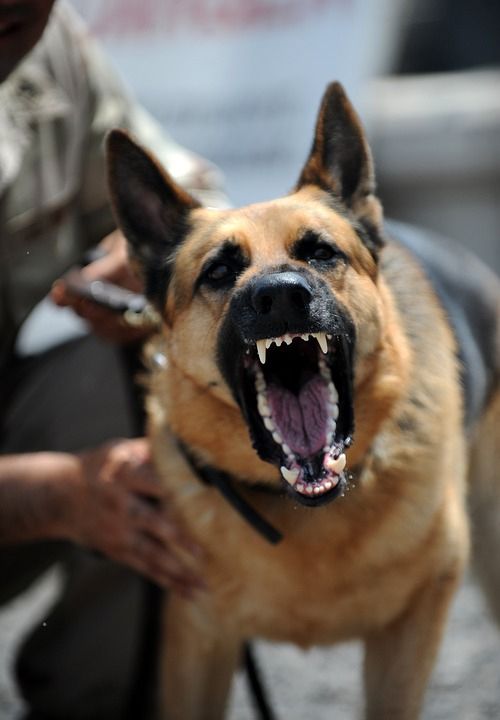
The Future of Dog Training
The future of dog training is bright. As our understanding of canine behaviour continues to grow, so too will the methods and techniques used by trainers. Technology is also playing an increasingly important role, with apps and wearable devices providing new ways to monitor and train dogs.
Ultimately, the goal of every dog trainer is to create a happy and harmonious relationship between humans and their canine companions. By combining style, substance, and a genuine love for dogs, modern trainers are making a significant impact on the lives of countless pets and their owners.
Related
-
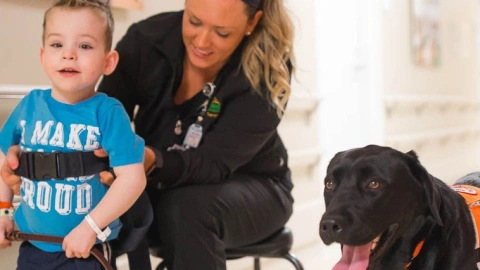
The Healing Power of Dogs: How Canine Therapy is Revolutionizing Mental Health and Boosting Positive Energy in Humans
Dog14 November 2024
-

A Pawsitive History: Dogs of Nuremberg
Dog09 November 2024
-

The Role of Oxytocin in the Human-Dog Bond: The Science Behind Our Deep Connection
Dog06 November 2024
-

Beyond the Beach: Jamaica's Dog Lovers
Dog29 October 2024
-

A Dog's Delights: Homemade Snacks for Our Furry Babies, Recipes Included!
Dog29 October 2024
-
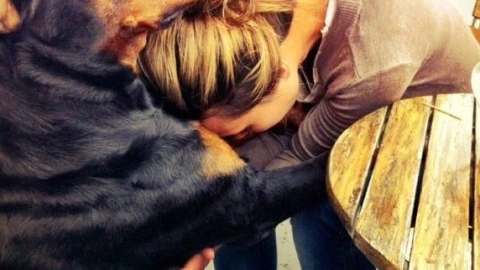
A Dog's Disorientation: Understanding Your Dogs' Wanderlust
Dog29 October 2024
Popular
-

-

A Pawsitive History: Dogs of Nuremberg
09 November 2024 -

-

Beyond the Beach: Jamaica's Dog Lovers
29 October 2024 -
